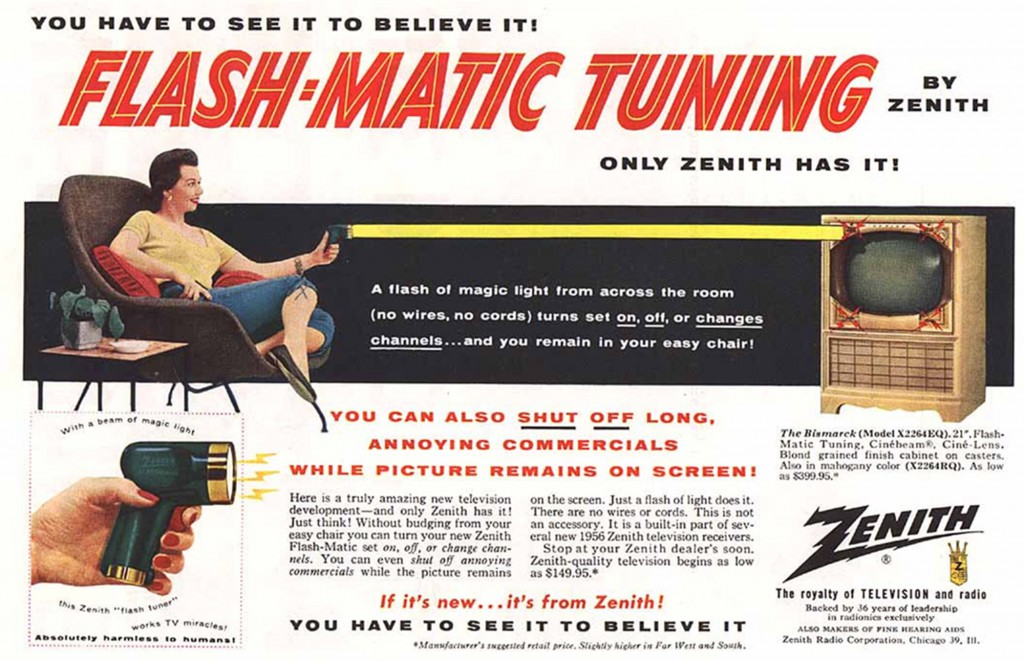This lecture had the goal of introducing theories and methodologies behind civil disobedience in order to give the class the tools to identify legitimate acts of civil disobedience compared to lawlessness.
We began with the example of Socrates whose principled stand was that the law must be obeyed. In Plato’s text Crito we find Socrates in jail awaiting execution. His friends argue that he should escape.
But Socrates argues that the Laws exist as one entity, to break one would be to break them all. He cannot chose to obey the rules that suit him and disregard those which he doesn’t approve of.
The citizen is bound to the Laws like a child is bound to a parent, and so to go against the Laws would be like striking a parent. Rather than simply break the Laws and escape, Socrates should try to persuade the Laws to let him go. These Laws present the citizen’s duty to them in the form of a kind of social contract. By choosing to live in Athens, a citizen is implicitly endorsing the Laws, and is willing to abide by them. (Wikipedia)
This principled stand cost Socrates his life. However, most proponents of civil disobedience argue that there must be a way of following some rules while disobeying others. This disobedience must find legitimacy in other sources.
Greek mythology dealt with this issue in the story of Antigone where at one stage after a battle King Creon decreed that the dead were not to be buried. Antigone defied the law and buried her brother. She knew of the law and defied it knowingly arguing that she was bound by a superior divine law.
Continuing on this theme we looked at some of the classics of disobedience. Thoreau’s arguments that we are sometimes obliged to defy the government, Gandhi’s belief that we have a duty to disobey the unjust leader (and the example of the salt march), and Martin Luther King’s words that an unjust law is against God’s law.
“For years now I have heard the word ‘Wait!’…We must come to see…that ‘justice too long delayed is justice denied.’…One may well ask, ‘How can you advocate breaking some laws and obeying others?’ The answer is found in the fact that there are two types of laws: just and unjust…One has not only a legal but a moral responsibility to obey just laws. Conversely, one has a moral responsibility to disobey unjust laws.” (King Letter from Birmingham Jail)
These positions all argue that there is a higher moral authority that would make it legitimate to disobey rules. Indeed, King underscores that disobedience in such cases is a moral responsibility.
The argument against disobedience remains in the area of the social contract and the question about who could legitimately argue for the rules to be held or broken? In his Theory of Justice, John Rawles agreed that that there are situations where laws should not be followed and attempts to prevent “simple” lawlessness by stressing that disobedience is:
…a public, nonviolent, conscientious yet political act contrary to the law usually done with the aim of bringing about a change in the law or policies of the government.
H. A. Bedau argued in Civil Disobedience in Focus that in order for disobedience to be legitimate it should be
“committed openly…non-violently…and conscientiously…within the framework of the rule of law…with the intention of frustrating or protesting some law, policy or decision…of the government.”
While Peter Singer stressed
…if the aim of disobedience is to present a case to the public, then only such disobedience as is necessary to present this case is justified…if disobedience for publicity purposes is to be compatible with fair compromise, it must be non-violent.
These positions can be summed up with the idea that certain acts of disobedience are necessary in order to bring a minority position to the attention of the majority. However, in order to maintain its legitimacy, acts of disobedience must be carried out openly, non-violently, purposely, aimed at a specific rule or policy, by people prepared to accept the consequences.
Despite this, there are still critiques aimed at groups that attempt to disrupt via acts of civil disobedience. Often the arguments against disobedience are:
- CD is not defensible in a democracy as the social contract is established and maintained by the people for the people.
- CD is illegitimate as it subverts the equality embedded in the democratic process itself.
- CD can only be acceptable if ALL other (democratic) methods have been exhausted
These critiques are easily enough met if we look at the American civil rights movement. The activists chose not to entrust the democratic process since the process is an endless one and does not necessarily promote change, but can be used to re-enforce established ideas. As King writes: ‘justice too long delayed is justice denied.’ The outlook for social change, brought about from within the system was bleak. By challenging the rules it became more and more clear to the majority that the rules were harmful and needed to be changed.
We then spoke of moving disobedience online. Discussing the ways in which technology can be used to support activism. At the same time our technology use has also created a system in which our activism has been trivialised and subverted. Social media is efficiently used to promote and spread information about injustice. However, social media is also used to trivialize political acts. We click on LIKE icons, re-Tweet links, and share videos but what does it all mean?
Is this Postman‘s dystopia (Amusing ourselves to Death) in action?
The slides
